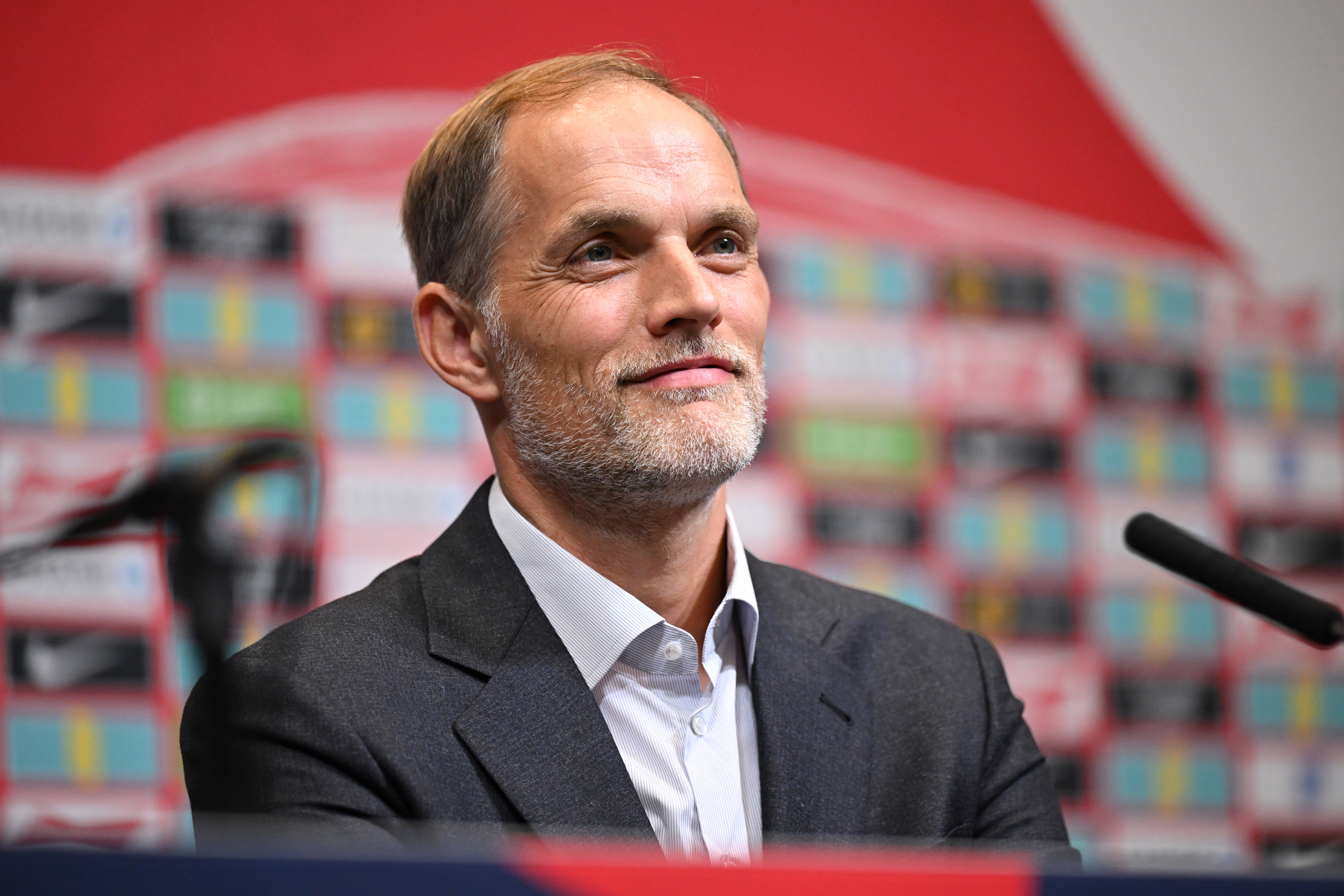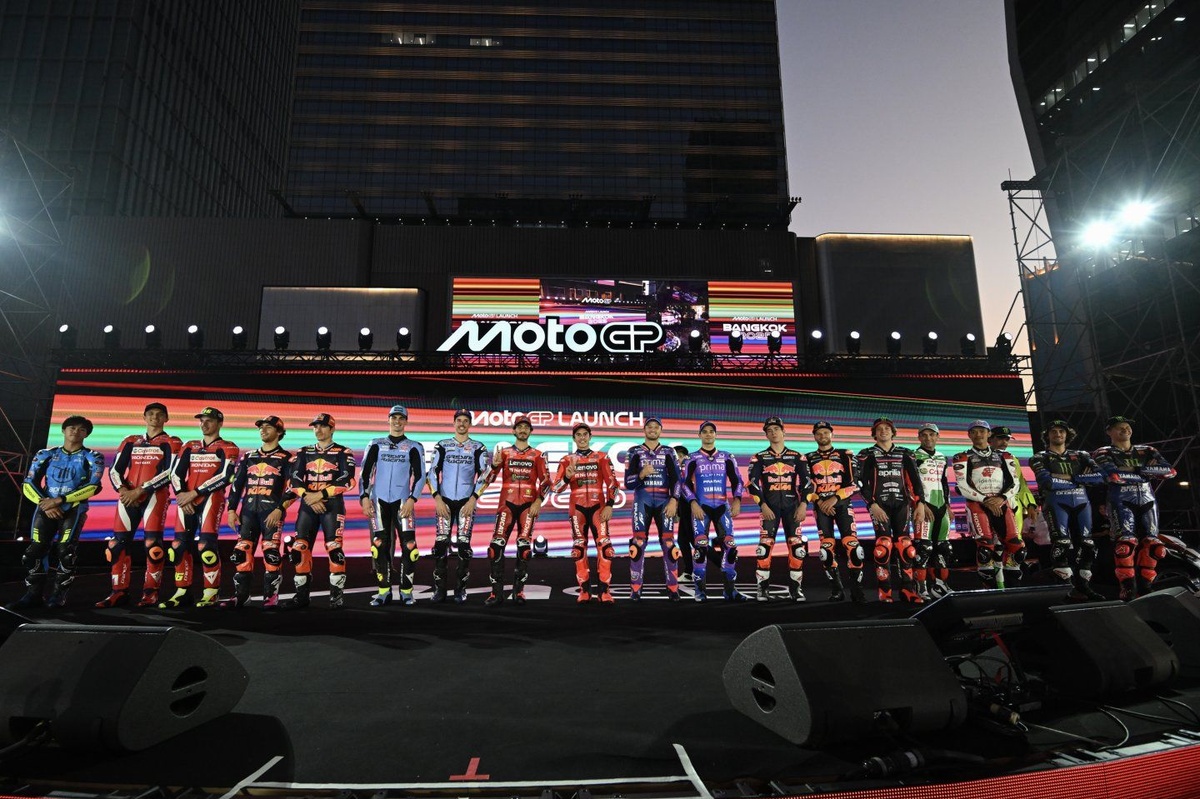The Premier League thrives on drama and Saturday offered yet another reminder of its capacity to stretch nerves until the very end. For the first time in the competition’s history, eight goals were scored in the 90th minute or later on a single day. The last of them arrived at the Tottenham Hotspur Stadium, Joao Palhinha striking to underline a remarkable trend.
 Photo IMAGO
Photo IMAGOIt was a statistic that raised questions about why we are seeing so many decisive moments crammed into the closing stages. More than simply a coincidence, it feels like a reflection of modern football’s tactical evolution, its relentless pace, and the unique demands that extra stoppage time is placing on players and managers, as reported by The Athletic.
Liverpool caught in late drama cycle
Liverpool are a team synonymous with late goals this season, half of their 12 Premier League strikes coming in the final ten minutes. Yet even they were stung at Selhurst Park, Eddie Nketiah scoring deep into stoppage time to give Crystal Palace a victory. Arne Slot, still shaping his side in the post-Klopp era, was quick to highlight decision-making under pressure. “One of our players decided to run out because he wanted to play counter-attack,” Slot said, pointing to Jeremie Frimpong as the likely culprit.
 Photo IMAGO
Photo IMAGOIt was a reminder of how fragile late-game concentration can be, especially in matches where margins are so thin.
Set pieces and old-school tactics
What links many of these late goals is their source. Nketiah’s winner followed a long throw, Brighton’s Maxim De Cuyper capitalised from a corner, and Bournemouth’s Eli Junior Kroupi volleyed home after a flick-on from a free kick. Thomas Tuchel summed it up bluntly after England’s recent win over Andorra: “I told you, the long throw-in is back.”
 Photo IMAGO
Photo IMAGOManagers and players are turning to pragmatic methods as desperation sets in. Deep into added time, aesthetics are discarded in favour of efficiency. It is football stripped back to its rawest purpose, and in that chaos, set pieces become the great leveller.
Added time and its influence
The expanded stoppage periods, a by-product of VAR reviews and stricter time-keeping, mean matches now routinely stretch beyond the 95th minute. Danny Welbeck’s strike in the 100th minute at Stamford Bridge was not a fluke of timing but part of a broader shift. Fatigue creeps in, defensive organisation wanes, and substitutes fresh from the bench are primed to exploit those final gaps.
 Photo IMAGO
Photo IMAGOThis, more than anything, explains the surge in late drama. It is not only about individual errors, like Milos Kerkez’s casual clearance that led to Liverpool’s undoing, or Ao Tanaka’s unnecessary foul that gifted Bournemouth a route back against Leeds. It is structural, woven into how modern matches are played and officiated.
The late goal has always been football’s most intoxicating currency. In this Premier League season, it feels like it has become the defining one.
Our View – EPL Index Analysis
As a football fan, the rise in late goals has completely changed how we watch games. The old calculation about whether to leave early to beat the queues feels outdated. With stoppage time often stretching ten minutes or more, those final moments have become the most decisive. To walk out early now is to risk missing the true heartbeat of the match.
From a supporter’s perspective, late goals are intoxicating because they feel like fate and chaos colliding. There is something primal about a corner swung in at 98 minutes, with bodies flying everywhere and defenders too tired to clear properly. It is messy, nerve-shredding football, but it is also unforgettable.
The Premier League’s pace and depth of quality mean that few leads are truly safe. As fans, we can no longer relax at 85 minutes, even if the scoreboard looks secure. For neutrals, it has added a new layer of excitement to already gripping weekends. For those emotionally invested, it is agony and ecstasy rolled into one.
This surge of late drama may frustrate managers and exhaust players, but for the people in the stands and on the sofas, it has made the Premier League feel even more alive.
.png)
 German (DE)
German (DE)  English (US)
English (US)  Spanish (ES)
Spanish (ES)  French (FR)
French (FR)  Hindi (IN)
Hindi (IN)  Italian (IT)
Italian (IT)  Russian (RU)
Russian (RU) 






Comments